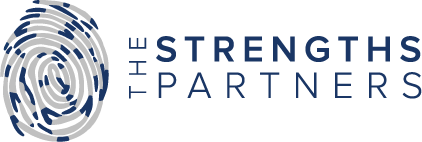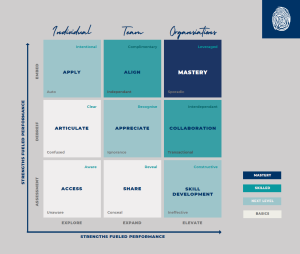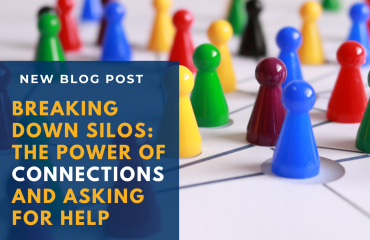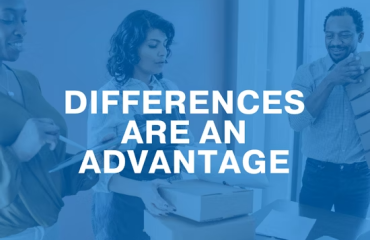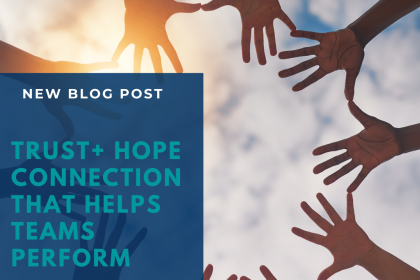
The Trust-Hope Connection: Strengths-Fuelled Teams That Perform
We talk a lot about leadership, but let’s be honest—most of the real action happens in teams. Whether you lead a team or are part of one, it’s the daily interactions, conversations, and collaborations that shape the experience far more than a single leader’s influence.
Gallup’s latest report confirms what we already know from working with teams: people crave hope, trust, compassion, and stability. These aren’t just nice-to-haves; they’re fundamental to performance, engagement, and well-being.
But here’s the key—it’s not just leadership that creates these things. It’s the way teams communicate, how they leverage their strengths, and the culture they build together that truly fuel trust and hope.
When teams lack hope, people disengage. When trust is low, collaboration breaks down. That’s why strengths-fuelled teams don’t just focus on what they do, but how they do it—leveraging strengths to create a culture where people feel valued, connected, and optimistic about the future.
Hope: The Secret Ingredient to High-Performing Teams
Gallup found that 56% of what people want from their leaders is hope. That’s a massive number! And it makes sense—who wants to work in a team that feels like it’s just dragging itself through the week? Hope isn’t just about big vision statements from the CEO. It happens in everyday team interactions. Impacted by every person, including you.
Hope isn’t just wishful thinking—it’s built through a number of attributes that have been grouped together.
- Inspiration & Integrity: Vision, purpose, and personal integrity
- Growth & Development: Learning, achievement, and career progression
- Financial Stability & Independence: Financial growth, security, and support.
Hope is created in how we communicate. It’s in the questions we ask, the way we listen, and the words we use. When team members know what they do best and how they contribute, they feel engaged. When they believe their work matters, they go the extra mile.
Here are some powerful questions to ask yourself, your team or your colleagues to feel hopeful about the future.
Inspiration, Vision & Personal Integrity
What inspires you most about the work you/we do?
If our team was operating at its full potential, what would that look like?
What impact do you hope to make in your role over the next year?
What’s one way we can bring more inspiration into our day-to-day work?
How can we support each other in staying true to our values, even when it’s difficult?
Growth, Learning, Development & Achievement
When have you felt most challenged and fulfilled in your work?
What’s a recent achievement that gave you a sense of progress?
What support do you need to reach your next career milestone?
What strengths do you want to use more often in your work?
Financial Growth, Support & Independence
How do you feel about your current level of financial security and career growth?
What’s one thing we could do to make you feel more valued for your contributions?
What would make you feel more in control of your career progression?
What do you need to feel confident about your future here?
Trust: The Foundation for Everything (Or The Lack of It, the Root of All Problems!)
Ever walked into a team where people are tiptoeing around each other like they’re avoiding landmines? That’s usually a trust problem. Or maybe you’ve seen a team where everyone is so focused on their own work that they barely acknowledge each other—hello, lack of collaboration (My Woo and Positivity die inside a little when someone doesn’t even say hello back)
Trust was the second most important need in the report (33%), and in my work, I see this play out all the time. If trust is missing, you get gossip, disengagement, and people watching their backs rather than working together.
One of the fastest ways to build trust? Strengths-based conversations. Check out the FREE Deeper Conversations Guide on Trust Here.
When people understand why their colleague is always questioning things (Yes, hello, Analytical, Deliberative and Strategic) or why someone needs a clear plan before acting (Consistency, Belief, Futuristic in action, maybe), they start to appreciate differences instead of resenting them.
The Conflict Creators in Teams (And How Strengths Can Tame Them!)
We all know them—the “challengers” who push back on everything (I think I even got this on my school report!), the “lone wolves” who refuse to collaborate, or the “rescuer” who jumps in and fixes things that don’t need fixing. These behaviours often stem from strengths being overused or misunderstood.
For example:
- Someone high in Competition might always be pushing to be the best, which can come across as aggressive.
- A high Deliberative thinker might be seen as slow to act when really, they’re just ensuring risks are covered.
- Those with Harmony might avoid conflict at all costs, even when it’s necessary.
When teams understand how their strengths show up in stress, conflict, and collaboration, they shift from frustration to appreciation. The same energy that causes tension can be redirected towards team success.
The Strengths-Based Advantage: Moving Beyond a One-and-Done Workshop
The best teams I work with don’t just survive workplace challenges—they thrive. Why? Because they don’t rely solely on leadership to create hope, trust, compassion, and stability. Instead, they embed strengths into their daily interactions, building a culture where people feel valued, engaged, and connected.
But here’s where I see things stall—strengths work is not a one-and-done workshop. Too many teams take the CliftonStrengths assessment, have a great conversation, and then… nothing changes. Sound familiar?
Let’s change that.
From Strengths Discovery to Strengths Mastery
Instead of stopping at awareness, we help teams move through a structured journey that transforms strengths into real impact and ROI
Check out this document where I share more on how we do this.
Leveraging strengths is not a one-time event—it’s a mindset shift.
If your team is stuck or struggling, don’t look for a quick-fix workshop. Instead, let’s make strengths part of your team’s DNA. Whether you need to reignite strengths conversations, deepen collaboration, or take your team from good to great, let’s chat about how to make strengths work for you.
